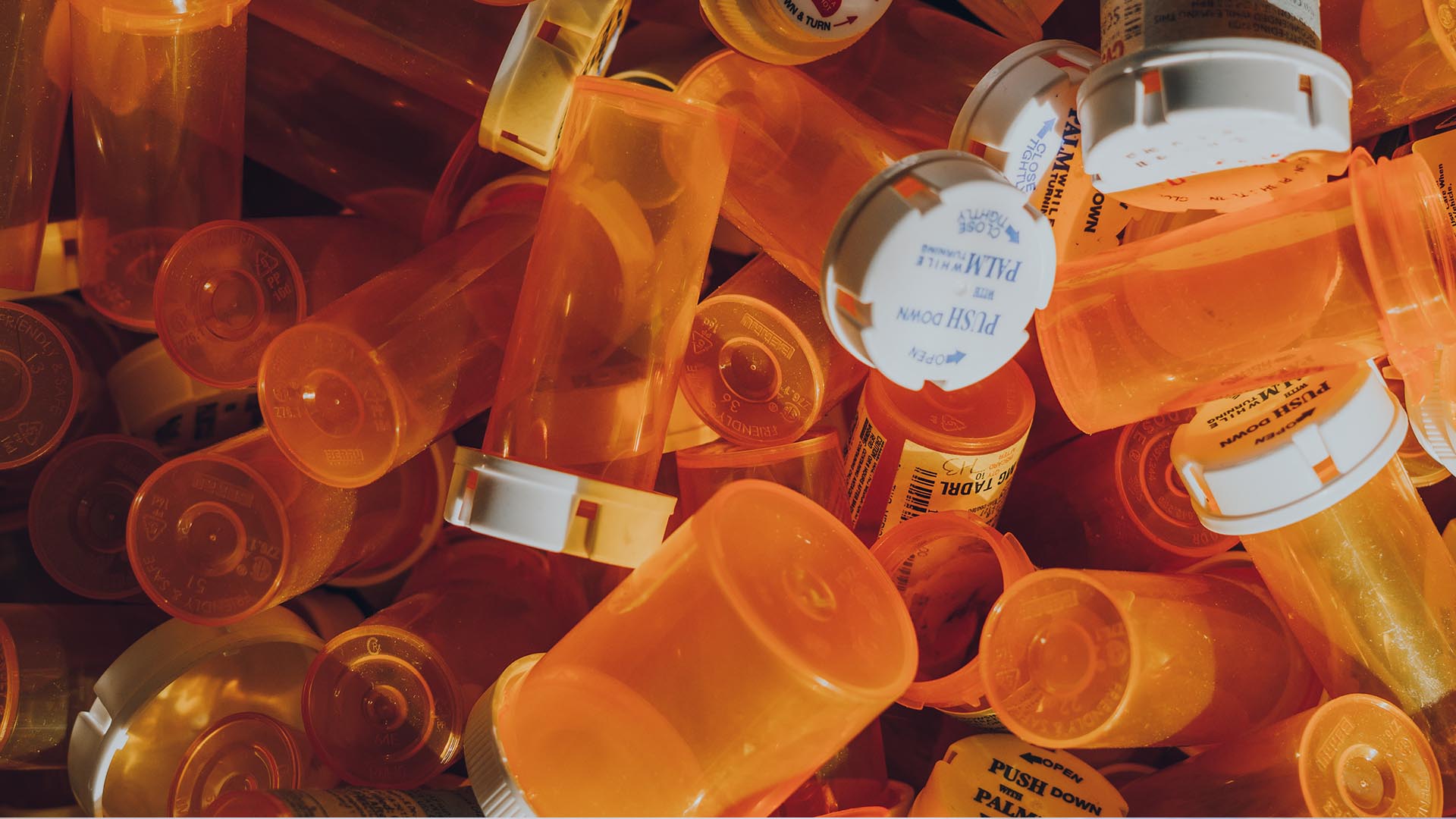
Defective Drug, Product & Medical Device Lawyers
Many people have used a medical device or pharmaceutical drug to better their health. Unfortunately, sometimes these products can cause injuries. In some cases, these injuries can form the basis for a lawsuit.
We currently represent clients across the country in recovering for their injuries caused by medical devices or pharmaceutical drugs. If you or a loved one has been injured from using a medical device or pharmaceutical drug, contact CohenMalad, LLP to speak with one of our experienced product liability/personal injury attorneys to discuss your legal options and to help you seek the compensation you deserve.
We are currently representing people and accepting case referrals in litigation involving:
- Baby Formula NEC
- Biomet CPT Hip System
- Biomet M2a-Magnum Hip Replacement
- Camp Lejeune Contaminated Water
- CooperSurgical Embryo Solution Recall / Embryo Loss
- Depo-Provera / Progestogen-Based Medication
- Elmiron
- HIV Drugs
- Kratom
- Lamictal
- Oxbryta / Voxelotor
- Roundup
- Semaglutide / Wegovy, Ozempic, Mounjaro
- Stevens-Johnson Syndrome
- Strattice Hernia Mesh
- Suboxone
- Talcum Powder Ovarian Cancer Lawsuits
Product liability claims resulting from defective medical devices or pharmaceutical drugs are generally based on one of the following:
- Defective Manufacturing: These claims involve a device or drug that was improperly manufactured, and may affect only a portion of the products made. The defect can occur at any stage between the manufacturer and the place a consumer receives the product―for example, as a result of an error or contamination at the factory, improper labeling, improper storage, or improper dispensing.
- Defective Design: These cases involve products that were manufactured correctly but have an unreasonably dangerous design (medical devices) or side effect (pharmaceutical drugs) that results in injury. Sometimes the drug or device will be on the market for a long time before serious complications are discovered. In some cases, there might be evidence that the manufacturer knew of the danger but deliberately concealed it, delayed taking the product off the market or delayed telling people about newly discovered complications.
- Defective Marketing: Marketing of a medical device or drug refers to any recommendation, warning, or instruction concerning the use of that product. These types of claims involve anything from a failure to warn of a dangerous side effect or complication to a failure to provide adequate or accurate instructions regarding its safe and appropriate use. The defective marketing may be done by the manufacturer, or by a sales rep. In some states, the manufacturer can escape liability if it can show that it adequately informed the physician or other healthcare provider who prescribed the device. This is called the “learned intermediary doctrine.” More about this topic can be found here.
To prove a claim, essentially, the injured person must show:
- that they were injured;
- the medical device or drug was defectively manufactured, designed or marketed; and
- that the defect was the cause of the injury.
It is important to keep in mind that many drugs and medical devices are known to carry serious risks. If the patient or consumer was properly told of those risks and, once informed, decided the risks were worth taking, then the basis for recovery due to those known risks, even serious ones, may not be great.
The legal and medical issues in medical device and pharmaceutical drug cases are complex and sophisticated and usually, are not easily handled without an attorney. Because deadlines exist for taking legal action in such cases, and because it will increase your chances for a favorable outcome, CohenMalad, LLP recommends you seek legal counsel as soon as possible.
Contact our defective drug and medical device lawyers today to discuss your case.




